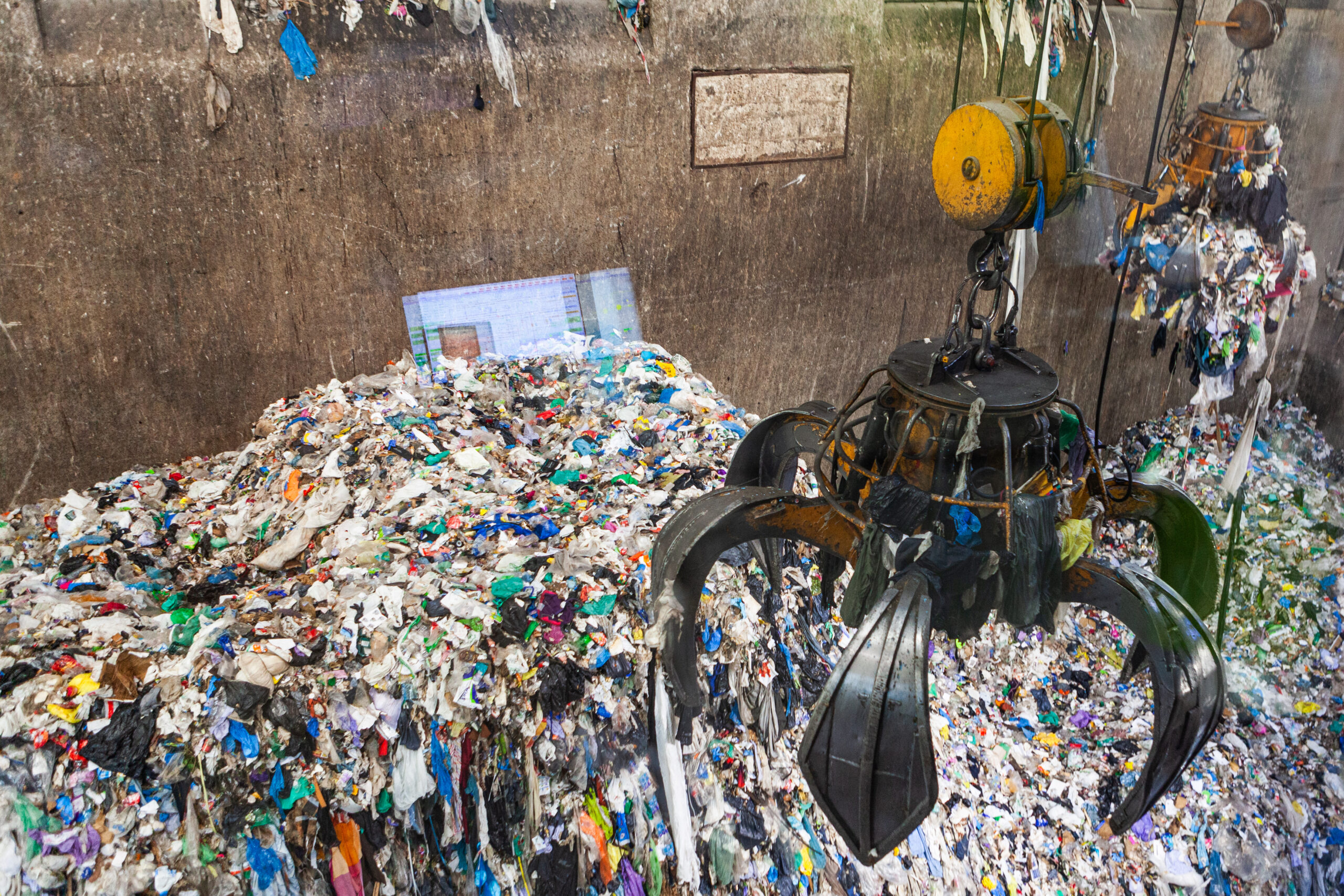Joan Martínez Alier, possibly the best known ecological economist in Spain, has studied throughout his work the importance of ecological limits to combat any doctrine of economic growth. In his work he has explored the possibilities of an encounter between certain forms of communal socialism and ecology to elaborate eco-social alternatives “from below”. One of his most influential books, The Environmentalism of the Poor, systematizes this propositional position. As a synthesis, we propose the reading of this conference under the same title.
The Environmentalism of the Poor
Related Posts

Seminar: “Militant Ecotopias”
In recent years, we have witnessed a resurgence of interest in ecological utopias within social movements, artistic spaces, intellectual circles, and society in general. This search for ways to integrate the promises of a better world within planetary limits is valuable in itself, and at the same time historically significant: it reveals that environmentalism demands…

Permanent Seminar “Images (of Art) and Political Ecology”. IX Session: “Water, energy and dispossession in the imaginaries of the Francoist hydromodernity”, with Carmen Martín-Luquero.
Source: Fernando López Heptener, La presa de Aldeadávila, 1963, available at: https://www.youtube.com/watch?v=-X_yduTT1EQ. Spain is one of the countries with the largest number of dams, about 1,200. Many were built during Franco’s dictatorship as part of his emblematic hydraulic policy, aimed at addressing post-war social, economic, and energy crises. Aside from the failed autarkic economic project, this…

Permanent Seminar “Images (of Art) and Political Ecology”. VIII Session: “Energy Aesthetics. Alternatives to the Fossil and Social Footprint of Cement”, with Elena Lavellés
Photograph: Elena Lavellés. Cranes at the Valdemingómez landfill. Documentation visit 2024. The limits of nature are dissolved under layers of cement, CO2 emitted into the atmosphere and waste produced from the activity of human beings. This overview leads us to a new vision that exceeds our capacity of comprehension and places us on the edge…

